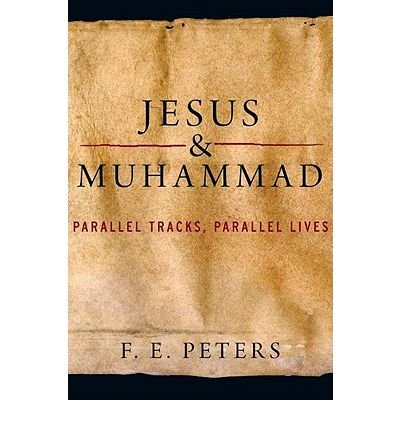What do you think?
Rate this book


Hardcover
First published October 13, 2010
Afterthoughts: The New Testament and the QuranI received this book just about a year ago and, what with one thing and another, it took me a long time to read it. However, I always came back to it because the premise was so interesting and the facts so engrossing.
There are two different epistemic systems at work in the New Testament and the Quran. With the Quran the secular historian starts with the investigative premise that it is the voice of Muhammad he is hearing through the received text. The Muslims who were responsible for transmitting that received text, and perhaps the very earliest believers who created the Quran as a text, believed no such thing. They heard the all but immediate voice of God. The sounds may have come forth from the lips of Muhammad but he was merely enunciating and not creating them.
In the case of Jesus, the historian, whether Christian or not, recognizes from the outset that he is dealing with texts that had human authors, whose very names stand in fact at the heads of the texts that constitute the New Testament as certainly as no one's does at the head of the Quran. The investigative premise is that the texts, particularly the Gospels, report the teachings (and describe the acts) of another human personage, namely, Jesus of Nazareth. The Christian immediately adds that this same Jesus was also the Son of God and so what was proceeding from his lips was the reported speech of God. It was not, however, The words of Yahweh heard and reported by Moses from Sinai or the words of Allah pronounced by Muhammad in Mecca and Medina were God's reported words; what proceeded from Jesus' lips was a revolutionary new discourse, the words of a man-God, a human voice with the gravity of the Divine.